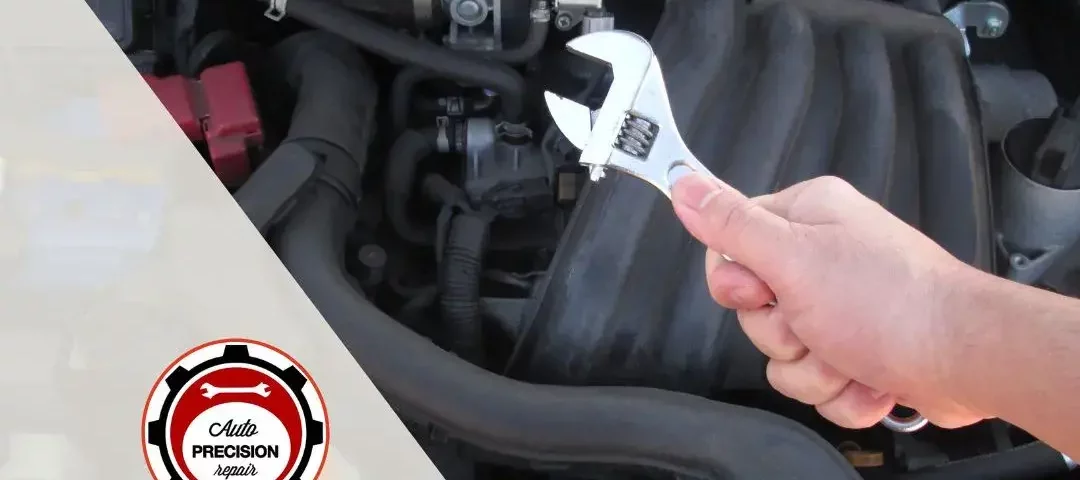
How to Choose the Best Tools for Car Repair at Home
November 6, 2024
Top Specialized Services Every Car Mechanic Offers
November 8, 2024Embarking on car repair endeavors requires an arsenal of tools that balance cost-effectiveness with functionality. For neophytes in auto mechanics, a foundational kit should include precision hand tools such as combination wrenches and a ratchet and socket set, which are indispensable for tackling a spectrum of mechanical tasks. Equally critical are budget-friendly diagnostic devices like an OBD-II scanner and multimeter, which provide insights into engine health and electrical systems. Understanding these tools’ roles in maintaining and troubleshooting vehicles is paramount. What remains to be dissected is how each tool contributes to efficient, cost-saving repairs in practical scenarios.
Essential Hand Tools
For any aspiring home mechanic, amassing a reliable set of essential hand tools is the cornerstone of successful car repairs. A foundational kit begins with a quality set of combination wrenches, indispensable for tackling various nut and bolt sizes. Metric and SAE sets are recommended, as they provide the flexibility necessary for both domestic and imported vehicles.
Equally crucial is a ratchet and socket set, which should include both deep and shallow sockets to accommodate different fastener requirements. An adjustable wrench further complements this arsenal, offering versatility for non-standard bolt sizes.
Screwdrivers are another critical component, with both flathead and Phillips variants in various sizes to cater to different screw types. Precision in selecting a set with magnetic tips enhances efficiency, reducing the risk of losing small screws in tight engine compartments.
Pliers, including needle-nose and locking variants, are essential for gripping, twisting, or cutting wires and components with ease.
A torque wrench is indispensable for ensuring that all fasteners are tightened to manufacturer specifications, preventing over-tightening and potential component damage. These hand tools form the bedrock of any budget-conscious mechanic’s toolkit, ensuring reliability and precision in every repair task undertaken.
Affordable Diagnostic Tools for Car Repair
Regularly investing in affordable diagnostic tools can significantly enhance the efficiency and accuracy of vehicle repairs for beginners. A robust understanding of On-Board Diagnostics II (OBD-II) scanners is essential; these devices facilitate the retrieval of Diagnostic Trouble Codes (DTCs), pinpointing malfunctions in the powertrain and emissions systems. Entry-level OBD-II scanners, often priced under $50, provide real-time data streams and freeze-frame information, making them indispensable for novices aiming to diagnose engine light issues or monitor vehicle performance metrics without professional intervention.
Multimeters are another indispensable tool, vital for electrical diagnostics. With functionalities to measure voltage, current, and resistance, multimeters allow beginners to ascertain the integrity of sensors, batteries, and wiring systems efficiently. When selecting a multimeter, ensure it includes features like auto-ranging and continuity testing to enhance diagnostic precision.
Additionally, infrared thermometers can be a cost-effective investment, offering non-contact temperature assessments of various components such as radiators and exhaust systems. This tool aids in identifying overheating issues, a common yet critical diagnostic requirement.
In conclusion, establishing a solid foundation in car repair necessitates equipping oneself with essential hand tools and affordable diagnostic instruments. These tools serve as the backbone for beginners, enabling them to address a variety of automotive issues with confidence and precision. By acquiring these cost-effective resources, individuals can ensure they are not left in the dark when facing mechanical challenges. Like a well-oiled machine, this strategic approach facilitates a seamless introduction to the intricacies of car maintenance.





